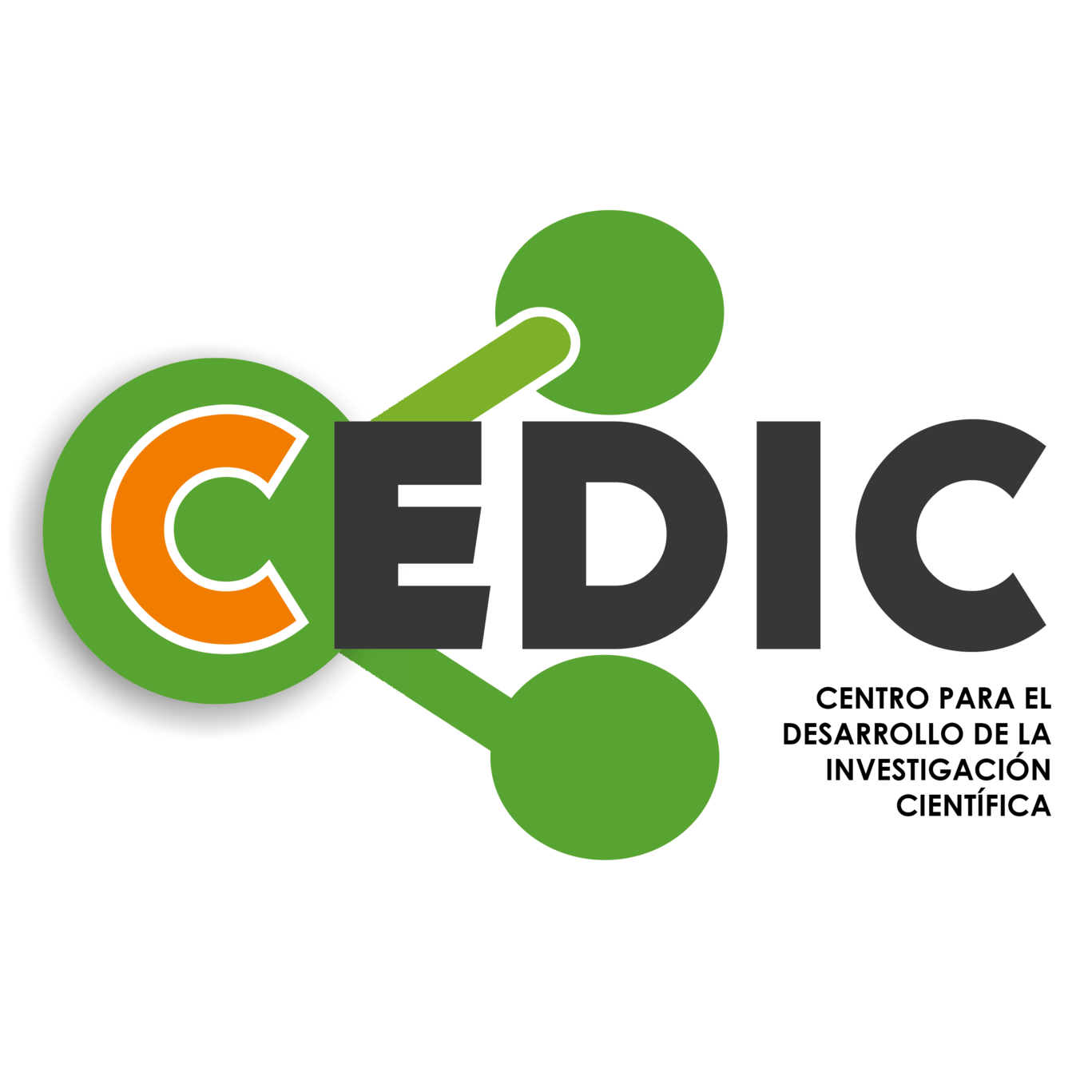Karla K.A. Santos1, Edinardo F.F. Matias1, Celestina E. Sobral-Souza1, Saulo R. Tintino1, Maria F.B.Morais-Braga1, Glaucia M.M. Guedes1, Francisco A.V. Santos1, Ana Carla A. Sousa1, Miriam Rolon2, Celeste Vega2, Antonieta Rojas de Arias2, Jose G.M. Costa3, Irwin R.A. Menezes4, and Henrique D.M.Coutinho1
1Laboratório de Microbiologia e Biologia Molecular, Universidade Regional do Cariri, Crato (CE), Brasil, 2Centro para el Desarrollo de la Investigación Científica (CEDIC), Fundación Moisés Bertoni/Laboratorios Díaz Gill. Asunción-Paraguay, 3Laboratório de Pesquisa em Produtos Naturais, Universidade Regional do Cariri, Crato (CE), Brasil, and 4Laboratório de Farmacologia e Química Medicinal, Universidade Regional do Cariri, Crato (CE), Brasil
Pharmaceutical Biology, 2012; 50(2): 162–166
Context: Chagas disease, caused by Trypanosoma cruzi, is a public health problem. Currently, chemotherapy is the only available treatment for this disease, and the drugs used, nifurtimox and benzonidazol, present high toxicity levels. An alternative for replacing these drugs are natural extracts from Momordica charantia L. (Cucurbitaceae) used in traditional medicine because of their antimicrobial and biological activities. Objective: In this study, we evaluated the extract of M. charantia for its antiepimastigote, antifungal, and cytotoxic activities.Materials and methods: An ethanol extract of leaves from M. charantia was prepared. To research in vitro antiepimastigote activity, T. cruzi CL-B5 clone was used. Epimastigotes were inoculated at a concentration of 1 × 105 cells/mL in 200 μl tryptose–liver infusion. For the cytotoxicity assay, J774 macrophages were used. The antifungal activity was evaluated by microdilution using strains of Candida albicans, Candida tropicalis, and Candida krusei. Results: The effective concentration capable of killing 50% of parasites (IC50) was 46.06 μg/mL. The minimum inhibitory concentration (MIC) was ≤ 1024 μg/mL. Metronidazole showed a potentiation of its antifungal effect when combined with an extract of M. charantia. Conclusions: Our results indicate that M. charantia could be a source of plant-derived natural products with antiepimastigote and antifungal-modifying activity with moderate toxicity.
